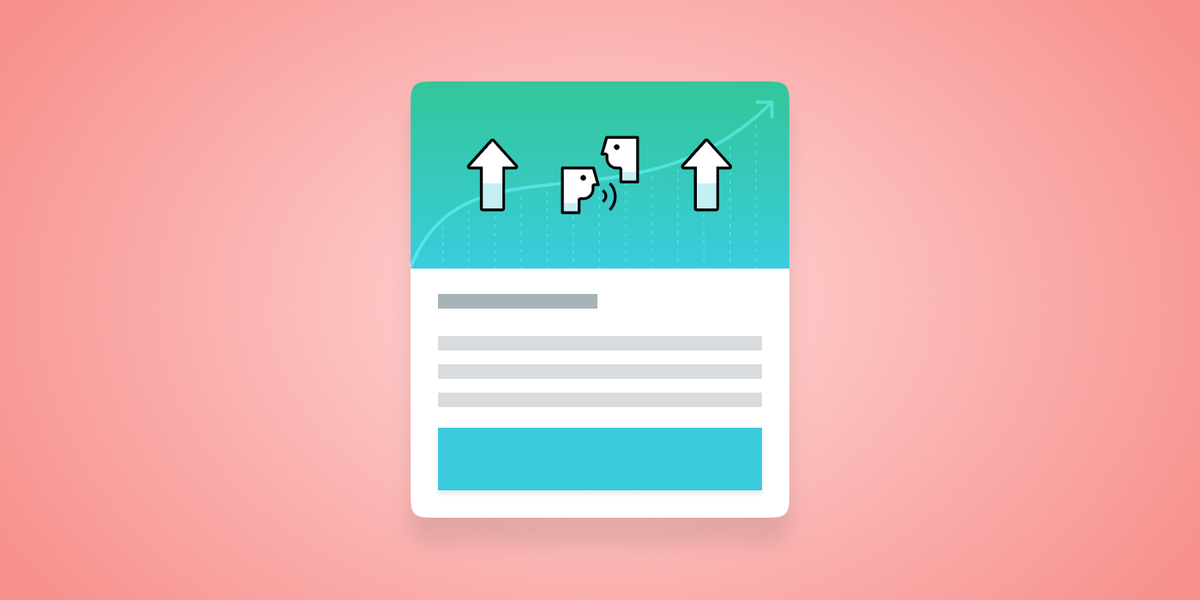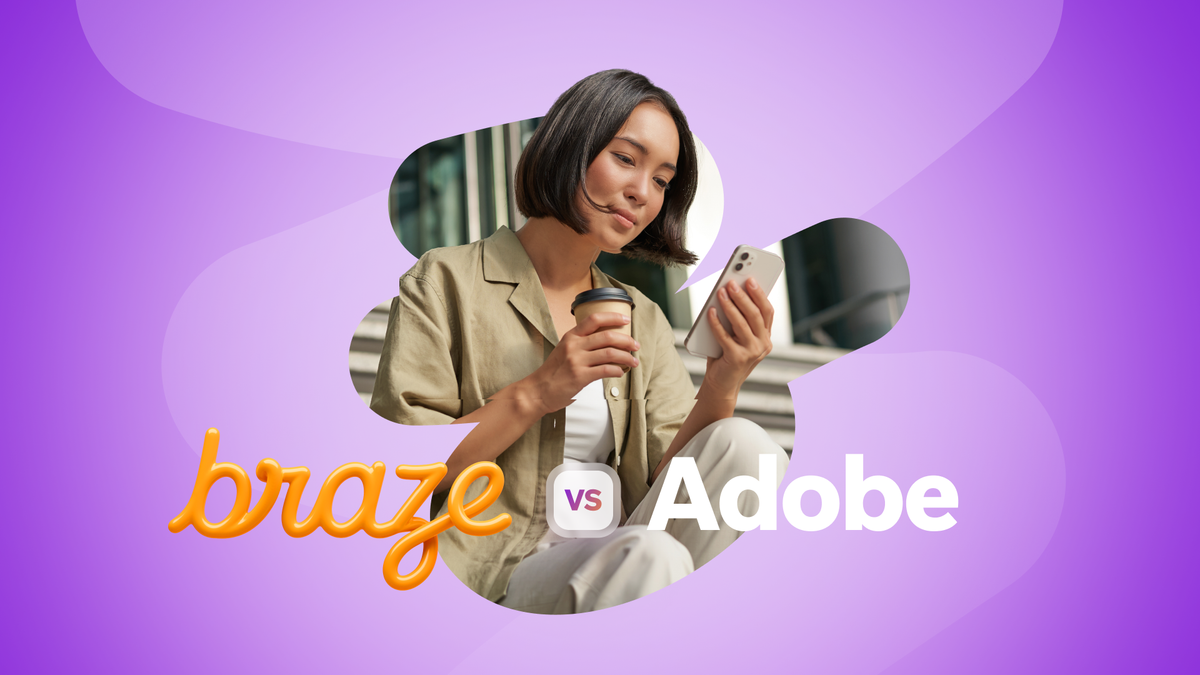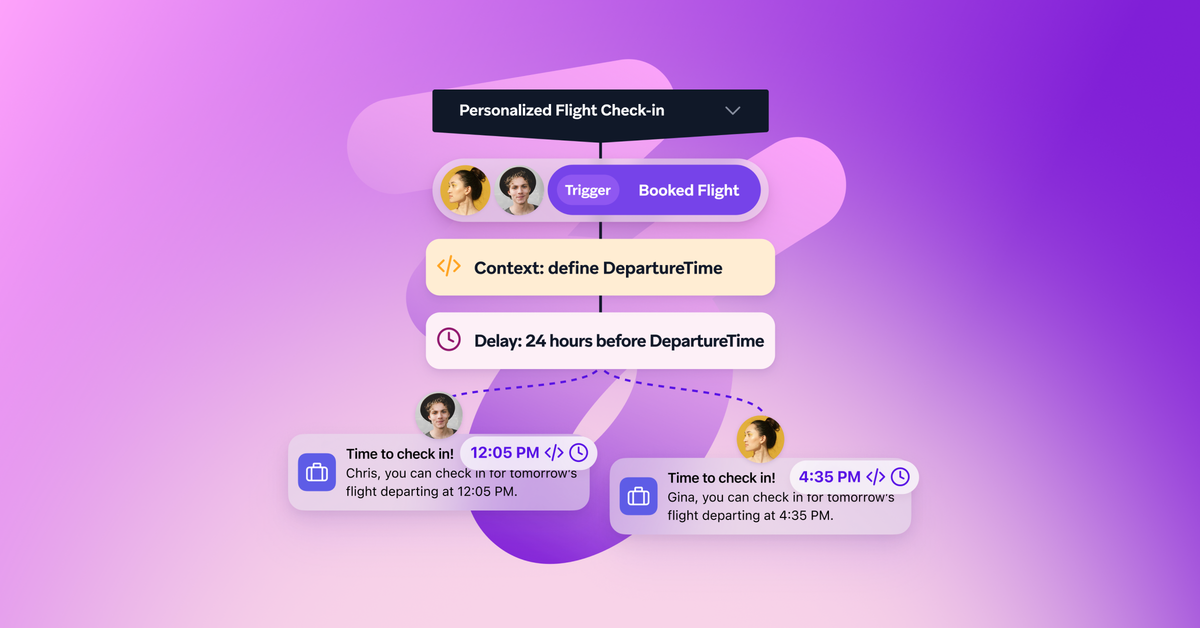Stronger Messaging, Better Relationships: Great Customer Engagement Isn’t Just for DTC Brands Anymore
Published on April 09, 2020/Last edited on April 09, 2020/4 min read


Jane Doerflinger
Business Intelligence Analyst, BrazeDirect-to-consumer (DTC) brands in verticals like beauty, homewares, and travel have experienced massive success in recent years, catching the attention of consumers, investors, and the media alike. Traditional players in a wide range of industries are taking notice and adapting to mimic the success DTC companies have had engaging with consumers—and now they’re seeing the benefits of their customer engagement strategies majorly pay off in terms of brand loyalty and authenticity. And what’s more, customer expectations for how brands market to and interact with them are changing as DTC companies break further and further into the mainstream.
But what really works in terms of driving customer engagement? We analyzed more than 29 billion messages sent by Braze customers to find out more about what’s resonating with consumers. DTC brands are far outperforming non-DTC counterparts with 58.6% higher messaging open rates across channels (push, notifications, emails, and in-app messages). Why? DTC brands are more likely to implement strategies that conform to engagement best practices.
Action-based messages are the most likely type of communication to be opened
Across both DTC and non-DTC companies, action-based communications (messages that are triggered by user behavior) were more likely to be opened than time-based (communications set for a specific time and date) or API-triggered messages (messages automatically sent when the brand does something—like send a package or start baking your pizza). In fact, action-based emails were 59% more likely to be opened than time-based emails, and action-based push notifications a whopping 480% more likely to be opened than time-based emails.
And in regards to DTC companies? They are a staggering 730% more likely to schedule action-based communication than non-DTC counterparts. For instance, many DTC brands now make a regular practice of sending messages around abandoned carts—a fairly basic action-based communication. With the right technology, any brand can implement this strategy to drive increased engagement.
In-app messaging is the most effective channel in terms of customer engagement
Companies that communicated with users in-app experienced nearly double the open rate compared to communications sent via email or push notifications. Overall, the interaction rates of email, push notifications, and in-app messages are 13.58%, 4.49%, and 39.88% respectively.
The DTC difference? They are 642% more likely to send in-app messages than their non-DTC counterparts.
But in-app messaging isn’t the be-all, end-all when it comes to customer messaging. Every channel serves a different marketing need—and every channel can be the right one to speak to a particular customer. That’s one reason Braze provides a way to understand customer outreach preferences with our Most Engaged Channel feature. In a cross-channel world, understanding your users’ preferences is vital to creating great customer engagement.
The best time to send messages is on Saturday
Messages sent on Saturday were 11.3% more likely to be opened than on any other day of the week. This is particularly noteworthy when considering that only 13.5% of total messages were sent on Saturdays.
The DTC difference? These kinds of companies are 625% more likely to use our optimal send-time feature—Intelligent Delivery—which tracks user behavior, learns when they’re most likely to check their messages, and sends outreach at the most impactful time.
Great customer engagement isn’t just for DTC brands
So what is the DTC difference? From this data, it’s clear—brands in this space are more likely to be delivering messages that resonate with consumers by identifying and targeting moments in a customer journey where action-based messages will make a difference to the individual.
The good news? Once you pull back the curtain, it’s clear that these tactics are unique to DTC brands and can be used by any forward-looking companies to speak more effectively to their customers. You just need the right data, technology, and teamwork to make it happen.
METHODOLOGY
This analysis examined analyzed anonymized data associated with the customers of 44 Braze clients between 9/15/2018 and 9/15/2019. Braze looked at more than 29 billion messages and examined user engagement with those messages.
Related Tags
Releated Content
View the Blog
Braze vs Salesforce: Which customer engagement platform is right for your business?

Team Braze

Braze vs Adobe: Which customer engagement platform is right for your brand?

Team Braze

Every journey needs the right (Canvas) Context
